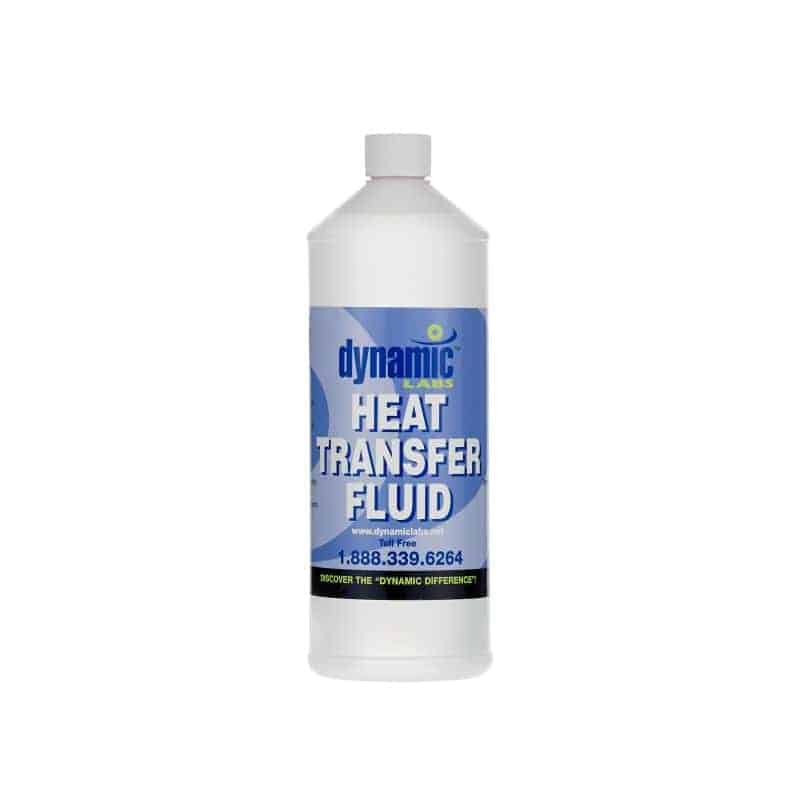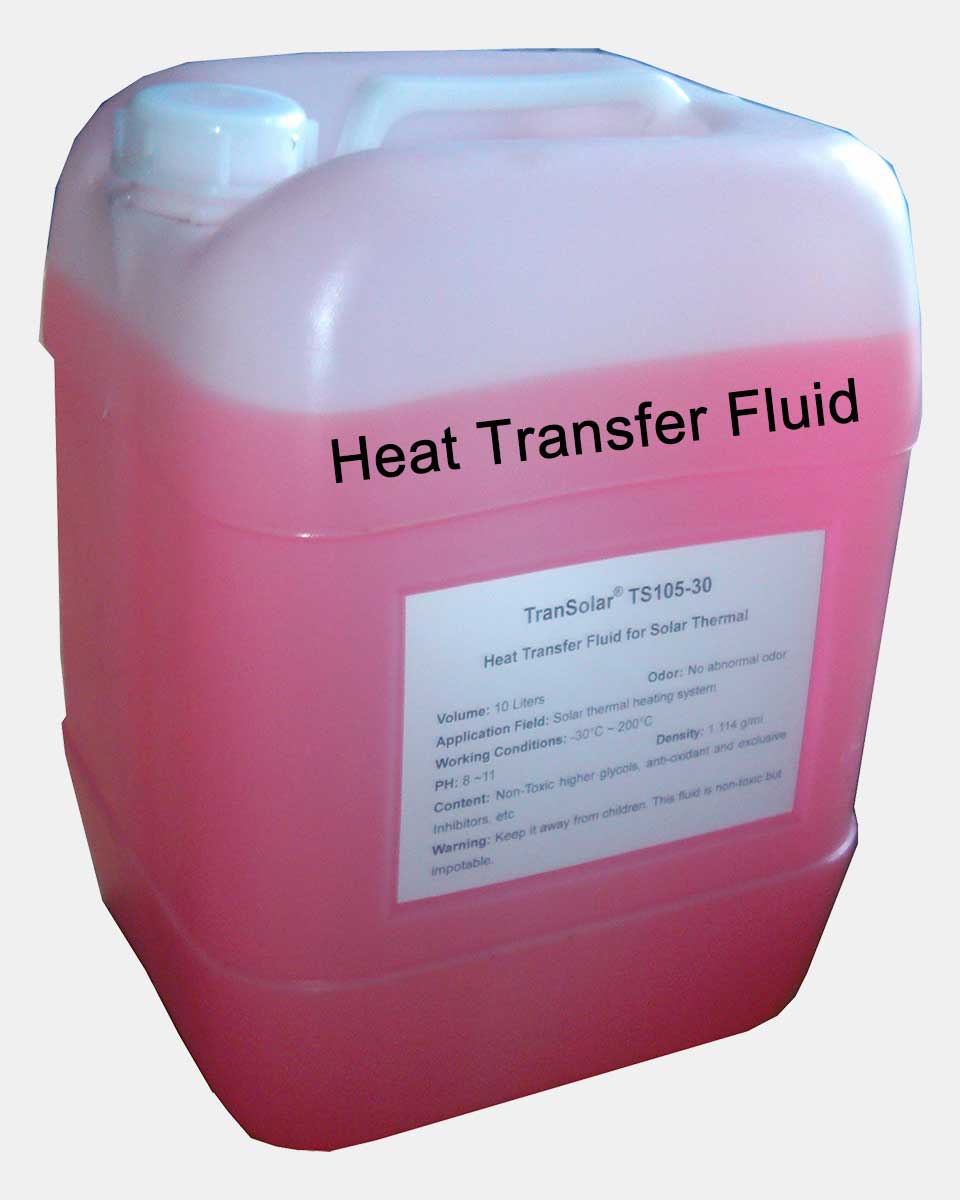Why Propylene Glycol is a Preferred Choice for Efficient Heat Transfer Fluid
Why Propylene Glycol is a Preferred Choice for Efficient Heat Transfer Fluid
Blog Article
Why Picking the Right Heat Transfer Fluid Is Crucial for Optimal System Efficiency
Picking an appropriate warmth transfer fluid is a crucial decision that can dramatically influence system effectiveness and functional costs. The ideal liquid not only boosts thermal performance but likewise makes certain durability and dependability of devices, decreasing the danger of pricey downtimes. Trick residential properties such as thermal conductivity, viscosity, and thermal stability must be carefully reviewed to optimize power intake and stay clear of prospective failings. As the effects of this selection prolong much beyond prompt efficiency, understanding the subtleties of fluid selection ends up being crucial for anyone aiming to accomplish optimal system performance. What factors should be prioritized in this important decision-making procedure?
Importance of Heat Transfer Fluids
What role do warmth transfer fluids play in industrial processes? Warm transfer liquids are vital for the reliable transfer of thermal energy within different commercial systems.
The choice of heat transfer fluid can significantly influence power safety, effectiveness, and tools long life. Liquids must can standing up to heats and stress without deteriorating, in addition to exhibition marginal volatility and reduced poisoning. Their performance directly influences not only the performance of the system however likewise its functional prices.
Furthermore, warmth transfer fluids play a vital role in keeping process control, guaranteeing that temperature level fluctuations are decreased. This is particularly important in sensitive applications such as petrochemicals and pharmaceuticals, where accurate temperature management is essential. Generally, the value of choosing the best heat transfer liquid can not be overstated, as it is essential to enhancing commercial processes and improving general system performance.
Key Feature to Think About
When picking a heat transfer fluid, which essential residential properties should be prioritized to guarantee optimal performance? Firstly, thermal conductivity is vital; a liquid with high thermal conductivity will efficiently transfer warmth, lessening energy loss. In addition, the details warm capacity of the liquid is crucial, as it identifies just how much energy the fluid can save and launch, influencing total system responsiveness.
Viscosity is one more significant home to consider, as it affects the fluid's circulation qualities; lower thickness liquids are normally liked for less complicated circulation and lowered pumping energy. The fluid's temperature level variety is similarly important; it must do successfully within the operational temperatures of the system without breaking down or vaporizing.
Take into consideration the ecological influence and safety and security account of the fluid, as policies and sustainability objectives significantly affect fluid option. By focusing on these essential homes, one can choose a heat transfer fluid that boosts system strength and reliability.

Influence On System Performance
The option of warmth transfer fluid directly influences system performance, influencing both power consumption and operational performance. A fluid's thermal conductivity, viscosity, and warm capability play crucial duties in how efficiently it transfers warm within a system. Ideal liquid properties guarantee that heat is absorbed and distributed efficiently, reducing energy losses and enhancing the overall performance of the system.

Furthermore, the compatibility of the liquid with system products can considerably impact efficiency. A liquid that triggers rust or degradation can bring about leaks and system failures, better lessening efficiency. In summary, the best warmth transfer liquid not just takes full advantage of power performance and reduces costs however likewise improves the integrity and long life of the system, making it a vital consideration for engineers and decision-makers in thermal management applications.
Typical Kinds Of Heat Transfer Fluids
A range of warm transfer liquids are frequently used in thermal monitoring systems, each with distinctive properties suited to specific applications. Water is one of one of the most extensively made use of warm transfer liquids because of its high certain warm capacity, low cost, and availability. Its freezing factor restricts its usage in low-temperature applications.
Thermal oils, commonly originated from petroleum, are another popular selection, specifically in high-temperature systems. These fluids can operate at raised temperature levels without evaporating, making them optimal for industrial applications. Nonetheless, they may have limitations worrying thermal security.
Refrigerants, utilized largely in cooling systems, have unique thermodynamic properties that permit for efficient heat transfer at low temperatures. Their selection is crucial to ensure performance and compliance with ecological guidelines.

On top of that, stage adjustment products (PCMs) are gaining grip for their capacity to absorb and release significant amounts of warm during phase shifts, using an one-of-a-kind remedy for thermal power storage space. Each liquid's specific characteristics should be assessed for ideal performance.
Finest Practices for Choice
Choosing the appropriate warmth transfer liquid involves careful factor to consider of a number of key variables that straighten with the particular requirements of the application. Second, take into consideration the fluid's thermal conductivity, which affects warmth transfer rates; higher thermal Discover More conductivity usually leads to enhanced performance.
In addition, assess the liquid's viscosity, as it affects pumping energy and total system effectiveness. Lower thickness fluids normally decrease energy usage throughout flow. Compatibility with system materials is one more crucial facet; official website guarantee that the liquid does not cause deterioration or degradation of elements and pipelines.
Following, consider the liquid's stability and long life, particularly in high-temperature applications. A steady liquid reduces upkeep and replacement expenses. Ecological and safety guidelines need to guide your choice process, highlighting ecologically friendly and safe choices when possible.
Verdict
In verdict, picking the ideal warmth transfer liquid is vital for attaining optimal system efficiency. The ideal liquid boosts thermal conductivity, reduces energy losses, and promotes equipment durability, eventually bring about better system reliability and performance. Understanding the key buildings and influences of numerous liquids on system performance is crucial for informed decision-making. Sticking to ideal techniques in liquid option can cause substantial lasting expense financial savings and operational effectiveness.
Warmth transfer fluids are important for the efficient transfer of thermal power within different industrial systems. In addition, the specific heat capacity of the liquid is crucial, as it identifies how much power the fluid can release and save, affecting overall system responsiveness.
Take into consideration the environmental impact and safety and security profile of the liquid, as laws and sustainability objectives increasingly influence liquid selection - propylene glycol. A fluid's thermal conductivity, thickness, and heat ability play critical duties in exactly how efficiently it transfers warm within a system. Water is one of the most widely utilized heat transfer fluids due to its high details warm ability, low YOURURL.com price, and availability
Report this page